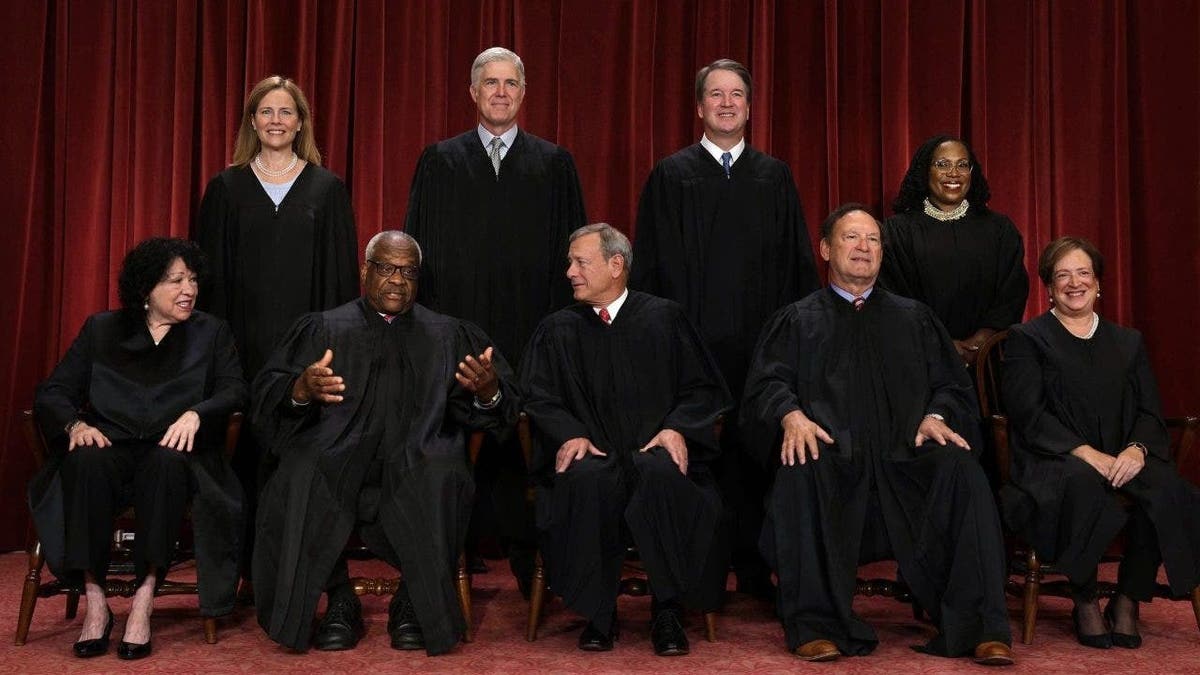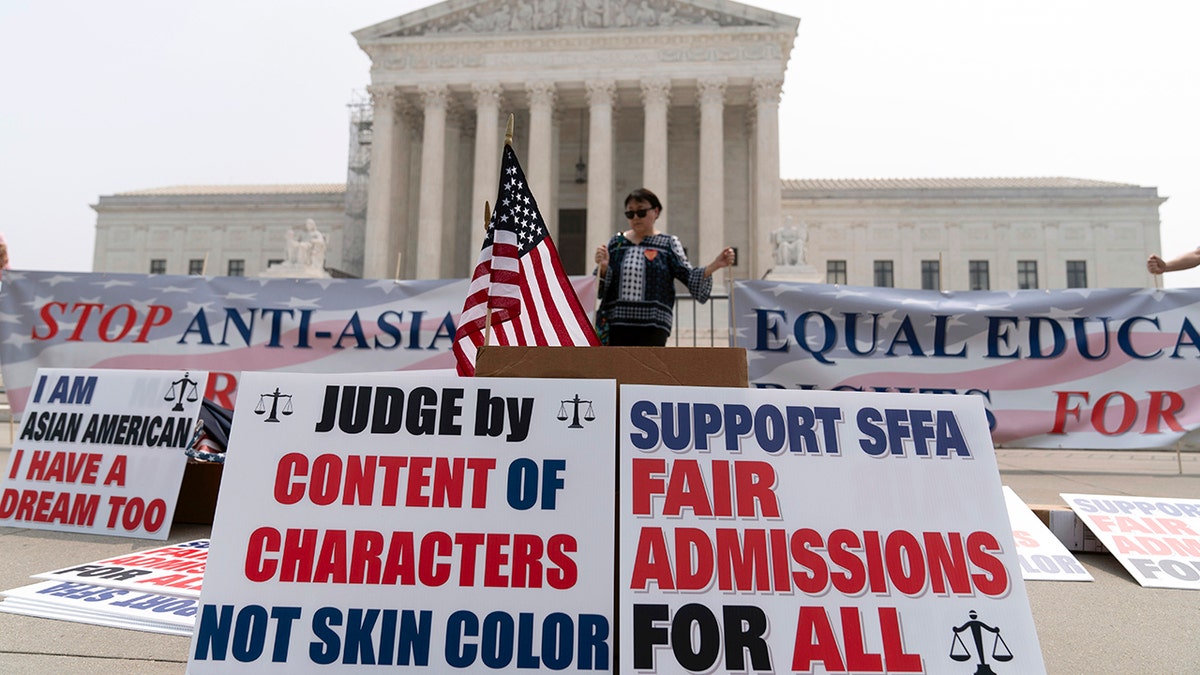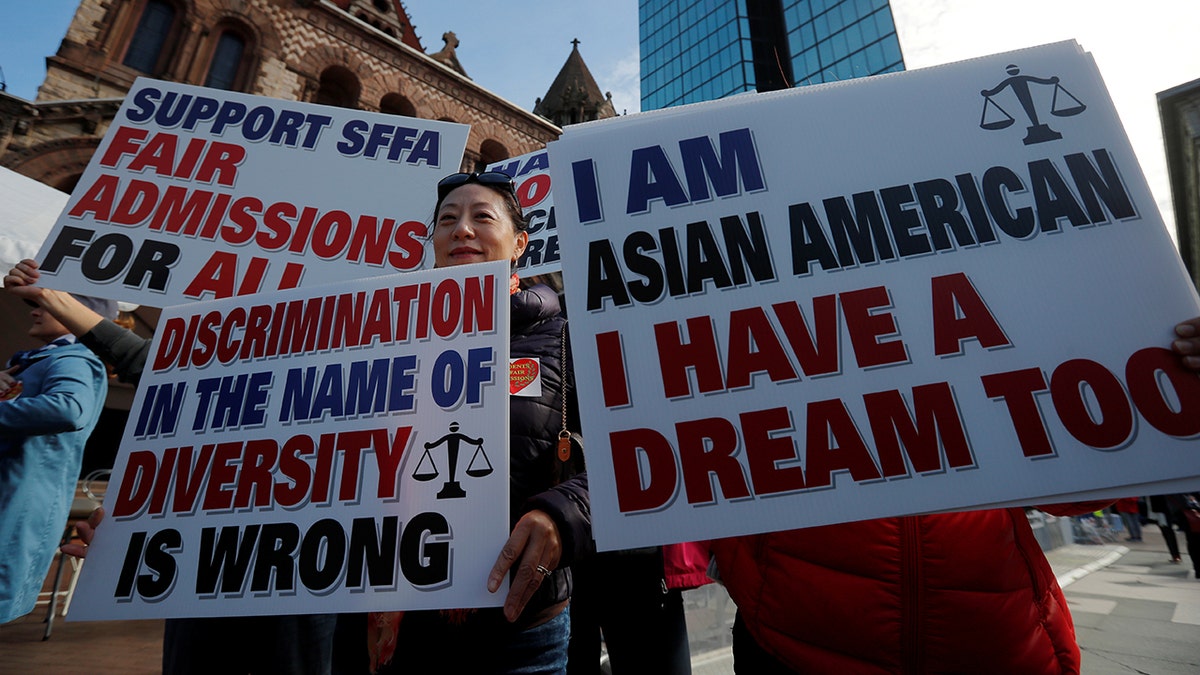The Supreme Court declined to hear a case brought by Boston parents alleging discrimination against White and Asian students in the city's public school admissions process. The lawsuit centered on a temporary policy implemented during the COVID-19 pandemic, which replaced entrance exams with a system based on grades and ZIP codes.

The justices dismissed the appeal because the contested policy was only used for one year and has since been replaced with a system that incorporates standardized testing. Justice Neil Gorsuch, writing for the majority, stated that the policy revision "greatly diminish[es] the need for our review." Justices Clarence Thomas and Samuel Alito dissented, arguing that the temporary policy represented a "glaring constitutional error" that could encourage race-based affirmative action.
The Boston Parent Coalition for Academic Excellence, representing 14 anonymous students, initiated the lawsuit in 2021. Lower courts had previously ruled in favor of the school system, finding the admissions criteria to be racially neutral. The Boston School Committee also maintained that the case was moot due to the policy's limited duration and its implementation preceding the Supreme Court's landmark affirmative action ruling.

The parents argued that the temporary policy disadvantaged White and Asian applicants, citing a decrease in their representation following its implementation. They linked this to the Supreme Court's 2023 decision prohibiting the use of race as a determining factor in college admissions. Justice Alito expressed his strong disagreement with what he perceived as a skewed interpretation of disparate impact.

This case underscores the ongoing debate over race and equity in education, particularly in the wake of the Supreme Court's recent affirmative action decision. The high court's refusal to hear the appeal leaves the lower court rulings in place and signals a reluctance to revisit similar challenges in the near future, unless a more compelling case arises.
Comments(0)
Top Comments